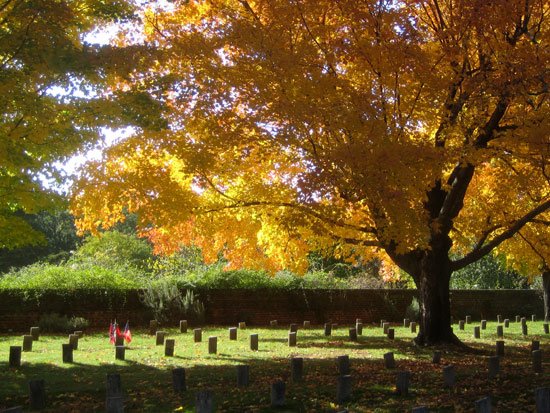 Clint Johnson, in The Politically Incorrect Guide to the South (pp. 143-4) has this to say about The Great Emancipator’s willingness to leave slavery alone:
Clint Johnson, in The Politically Incorrect Guide to the South (pp. 143-4) has this to say about The Great Emancipator’s willingness to leave slavery alone:“The Corwin Amendment (introduced by Congressman Thomas Corwin of Ohio and endorsed by Senator William Seward of New York in the Senate) passed the House 133 to 65 in February 1861 and the Senate 24 to 12 on March 2, 1861. It stated: ‘No amendment shall be made to the Constitution which will authorize or give to Congress the Power to abolish or interfere, within any State, with the domestic institution thereof, including that of persons held to labor or service by the laws of said State.’
“In other words, Northern legislators (most Southerners had already left Washington) affirmed that they had no intention of abolishing slavery. President-elect Abraham Lincoln told Congress in his inaugural address that he would support efforts to ratify the Corwin Amendment as the thirteenth amendment to the Constitution. He said, ‘I understand a proposed amendment to the Constitution … has passed Congress, to the effect that the Federal Government shall never interfere with the domestic institutions of the States, including that of persons held to service. To avoid misconstruction of what I have said, I depart from my purpose not to speak of particular amendments so far as to say that, holding such a provision to now be implied constitutional law, I have no objection to its being made express and irrevocable.’
"So Lincoln agreed that it was already ‘implied constitutional law’ that slavery could not be abolished by federal law and had ‘no objection’ to this ‘being made express and irrevocable.’”
Lincoln was obsessed with consolidating federal power—in destroying once and for all the Constitutional restrictions that stood in the way of politicians like himself—not with ending slavery. Lincoln denied Southerners their right to self-government, not their right to own slaves.

























